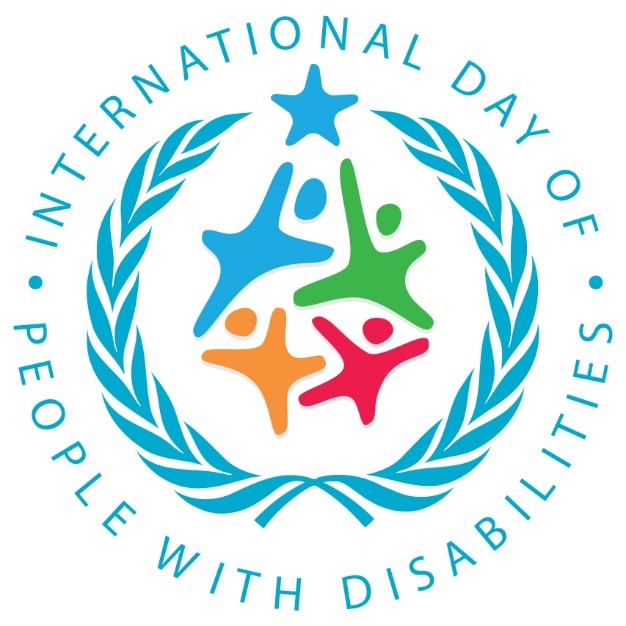This article provides a comprehensive survey on fairness-aware recommender systems. As information filtering services, recommender systems have extremely enriched our daily life by providing personalized suggestions and facilitating people in decision-making, which makes them vital and indispensable to human society in the information era. However, as people become more dependent on them, recent studies show that recommender systems potentially own unintentional impacts on society and individuals because of their unfairness (e.g., gender discrimination in job recommendations).
This article investigates the dynamics of nutrients necessary to assist patients who struggle with oseoporatic fractures, which prove to be a major health problem for aging women. The information and approaches contained in this review seek to inform the public about ways that they can help improve their prognosis through safe and effective dietary modifications.
This content aligns with Goal 3: Good Health and Wellbeing by explaining the different contributions to the mitochondrial toxic profile produced either by the virus or by the antiretroviral treatment.
Approximately 15 per cent of the world's population live with some form of disability and 80 per cent live in developing countries. This Special collection aims to highlight this important issue and hopefully provide measures towards an inclusive and supported environment for all irrespective of disability. All book chapters and journal articles are free to download and share.
The importance of an updating of fundamental energy law to achieve net zero carbon emissions by 2050 in the energy sector.
Elsevier,
Safeguarding Mountain Social-Ecological Systems, A Global Challenge: Facing Emerging Risks, Adapting to Changing Environments and Building Transformative Resilience in Mountain Regions Worldwide, 2024, pp 11-15
This chapter advances the UN SDG goals 13 and 15 by reviewing the unique species assemblages of high-elevation ecosystems and biodiversity trends in the context of climate change.
This chapter advances the UN SDG goals 9 and 13 by discussing the potential of AI tools to advance sustainable urban climate modeling.
This content advances UN SDG 10 and 13 goals highlighting the importance of inclusive approaches, incorporation of indigenous and traditional culture and knowledge, innovation as well as working with local communities to provide benefits both for ecosystem and wildlife conservation, and climate-resilient livelihoods.
This chapter provides new evidence on educational inequality and reviews the literature on the causes and consequences of unequal education.
This research emphasizes the importance of recognizing diverse perspectives and values in defining and conserving forests, highlighting the dominance of Western institutions in shaping global discourses on forest conservation. The study underscores the need to incorporate Indigenous and local perspectives in defining forest terms to address recognition and procedural inequities, aligning with the objectives of the International Day of Indigenous Peoples to promote cultural diversity and inclusivity in conservation practices.

